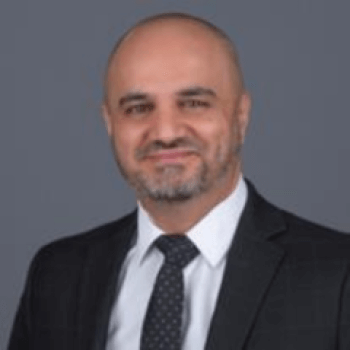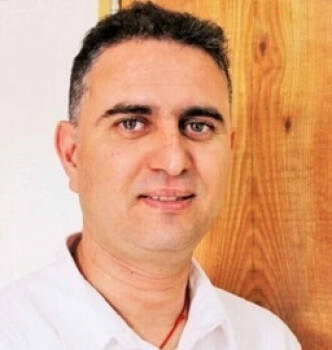Quality Infrastructure (QI) has played a pivotal role in ensuring trust, safety, and competitiveness in global markets for almost two centuries. As industries and economies continue to evolve, the QI ecosystem – comprising Accreditation Bodies, Standardisation Organisations, third-party Testing, Inspection and Certification (TIC) companies, and Metrology Institutes – must adapt to the challenges posed by digitalisation, sustainability, and shifting global trade dynamics.
In an era where businesses must balance innovation, regulatory compliance, and international trade complexities, it is crucial to assess whether the current QI framework remains fit for purpose. The upcoming roundtable will provide a strategic forum for stakeholders to reflect on past achievements, exchange best practices, and collectively shape a roadmap for the future of QI.
Event kick-off with a high-level introduction on the lasting relevance and benefits of Quality Infrastructure (QI) in supporting trust, safety, and competitiveness across global markets. Speakers will reflect on QI’s evolution and its current relevance.



Brief spotlight interventions exploring critical developments affecting QI, including:
- Impact of US policies and diverging regulatory frameworks on global trade
- QI as key enabler of competitiveness in the European context
- Trade disruptions and the role of QI in mitigating the negative effects
- Is Quality Infrastructure ready for a digitalised world?




An open forum to share expectations and best practices in addressing the weaknesses and threats facing today’s QI system, as outlined in the earlier keynote interventions.
How can the QI system capitalize on its strengths and proactively respond to emerging opportunities? This session will explore ideas for innovation, agility, and collaboration to ensure QI remains relevant and resilient.
Synthesis of the day’s discussions and initial steps toward a common, future-oriented roadmap. TIC Council proposal of launching the roundtable as a recurring platform for collaboration and strategic dialogue across the QI ecosystem
Please register by COB 2 May.



Dr. Michael Fübi, President of TIC Council, and Dr. Laurie E. Locascio, President and CEO of ANSI, will discuss how deglobalization and rising protectionism are reshaping the quality infrastructure ecosystem. This session will explore the urgent need for QI to evolve in response to shifting global dynamics, focusing on strategies to maintain trust, interoperability, and competitiveness across borders. Gain insights into how standardization, accreditation, and conformity assessment can adapt to a more fragmented global landscape while continuing to support innovation and market access.



In an era of rapid technological advancement, the role of Quality Infrastructure (QI) is increasingly under scrutiny. This panel will open with an industry representative questioning whether QI creates unnecessary bureaucratic hurdles. However, the discussion will shift to explore how, rather than being a regulatory burden, QI is a vital enabler of safe, responsible, and globally competitive innovation.
Panellists will examine the future of standardization, accreditation, and conformity assessment in a fast-evolving landscape, addressing how digitalization, AI, and real-time monitoring can transform risk management without stifling innovation. Insights from the insurance sector will highlight the importance of independent verification and risk mitigation. Additionally, the conversation will emphasize the need for stronger collaboration between industry, policymakers, and QI organizations to develop agile and innovation-friendly regulatory frameworks.
This session will provide a forward-looking roadmap for the evolution of QI, ensuring it remains a cornerstone of trust, safety, and competitiveness in a digital world.







